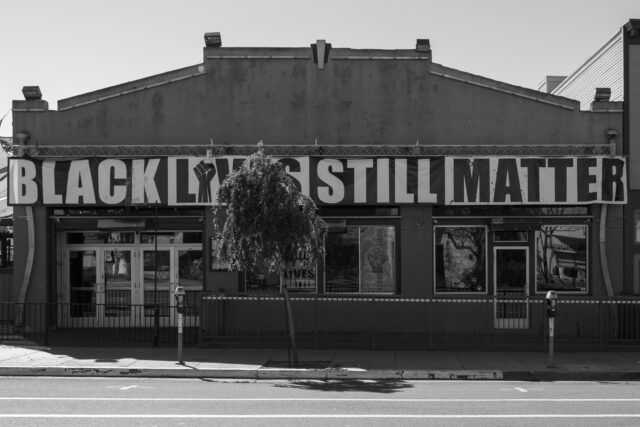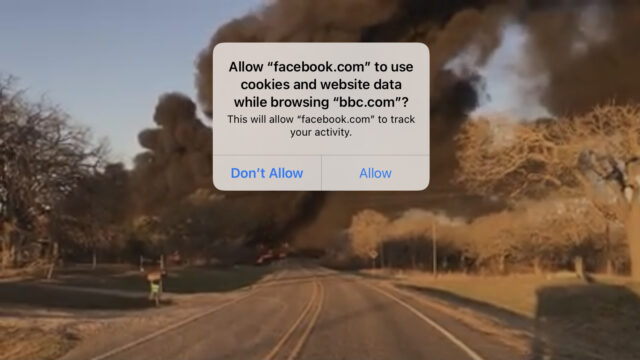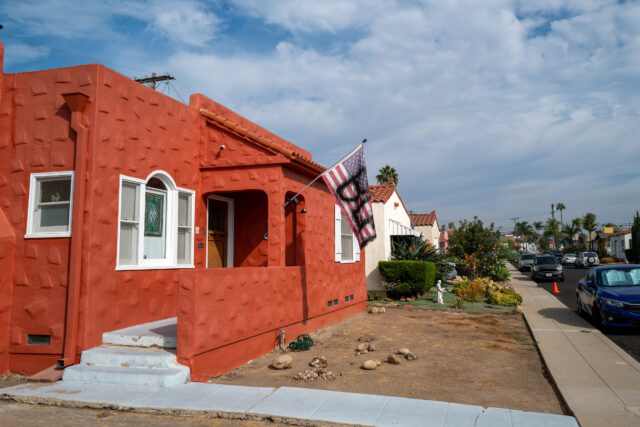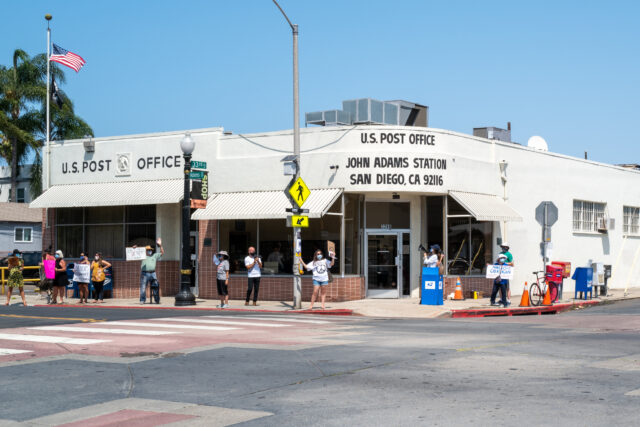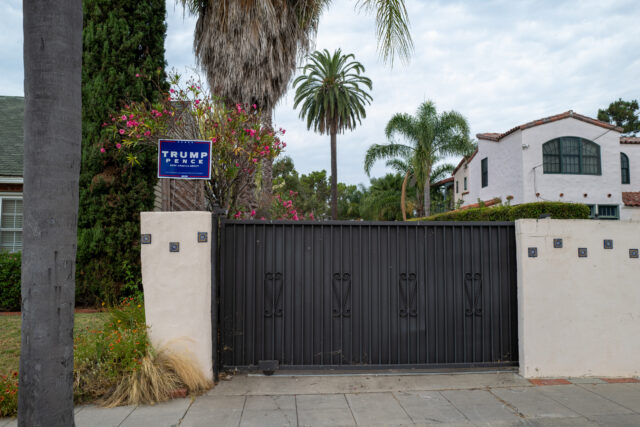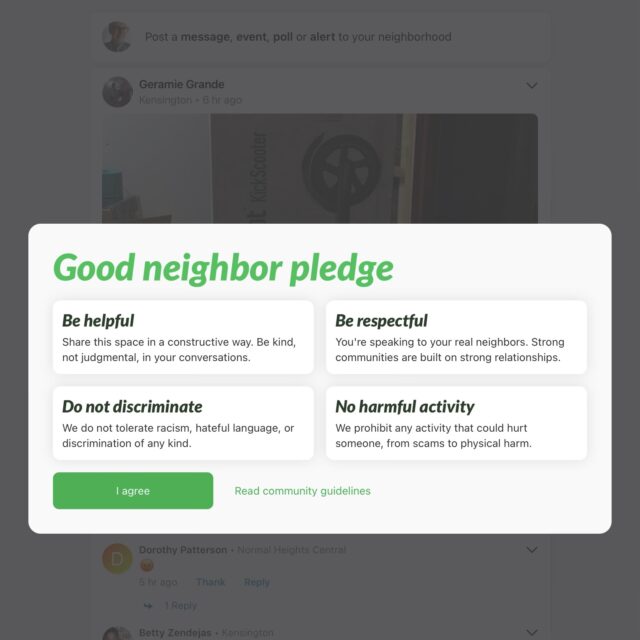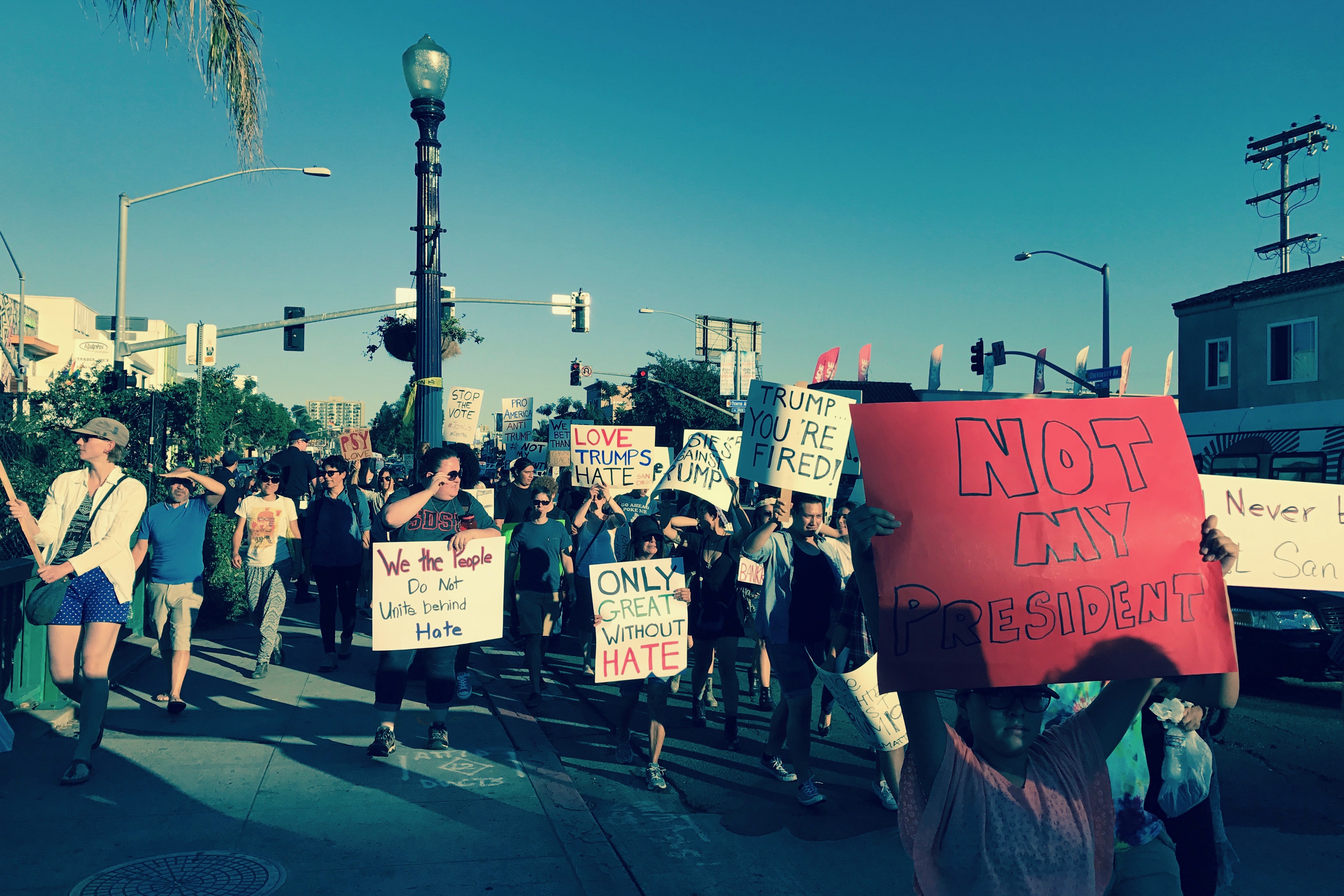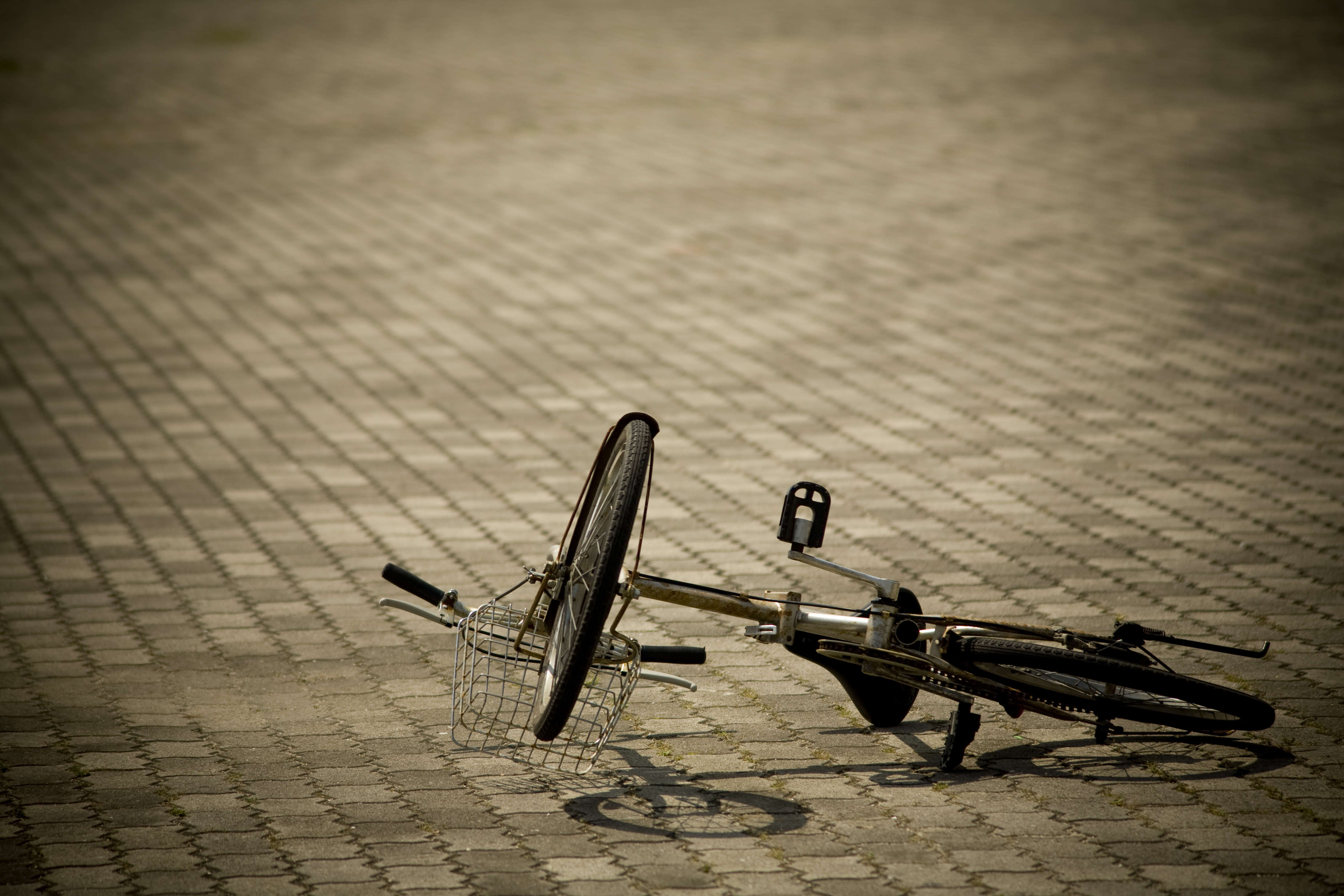On March 1, 2021, as I walked along University Ave. in San Diego’s Hillcrest neighborhood, a huge banner beckoned my attention. I frequently see signs like this in apartment and house windows but nothing this large nor with Still added. I used iPhone XS to snap the companion to the Featured Image, which I captured the next day with Leica Q2 Monochrom. Vitals for the smartphone shot, which is composed as taken: f/2.4, ISO 16, 1/761 sec, 52mm (film equivalent); 9:05 a.m. PST. For the camera, aperture manually set: f/8, ISO 200, 1/400 sec, 28mm; 10:27 a.m.
Why is such a banner, with Still added, seen as necessary? The trial of former police officer Derek Chauvin is underway in Minneapolis. He is implicated in the death of George Floyd, whose alleged homicide sparked racial riots and protests in the city and across the country—with loud voices crying “defund the police” and “no justice, no peace”. Nearly ten months later, Americans have largely stopped rallying for racial reckoning—and the organization that gathered them before isn’t yet, if it ever will, marshaling masses together. Black lives still matter, but the movement apparently does not.
